Race and Ethnicity: African American
aka: Hempstead County Race Riot of 1883
Howard County Reported Lynching of 1894
Howard, George, Jr.
 George Howard Jr.
George Howard Jr.
Howard, Jesse (Lynching of)
Howard, John Miller
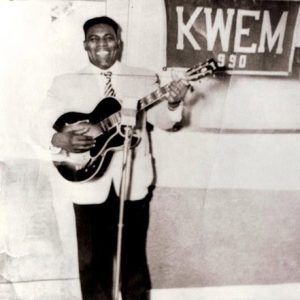 Howlin' Wolf
Howlin' Wolf
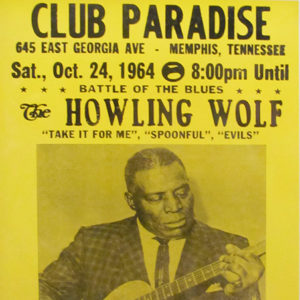 Howlin' Wolf Poster
Howlin' Wolf Poster
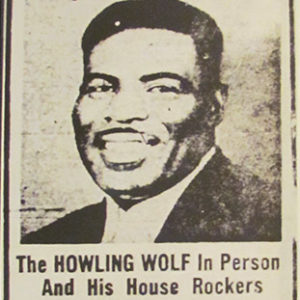 Howlin' Wolf Ad
Howlin' Wolf Ad
Howlin’ Wolf
aka: Chester Arthur Burnett
Hoxie Schools, Desegregation of
Hunley, Dan (Lynching of)
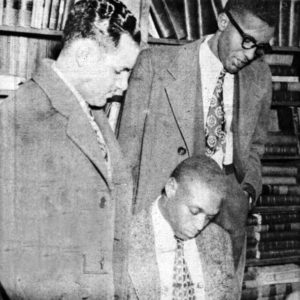 Silas Hunt; Wiley Branton; and Harold Flowers
Silas Hunt; Wiley Branton; and Harold Flowers
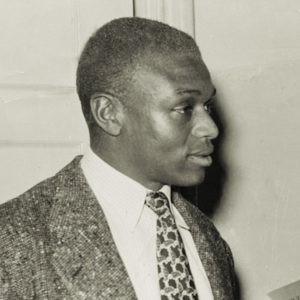 Silas Hunt
Silas Hunt
Hunt, Silas Herbert
Hunter, Buck (Lynching of)
 Torii Hunter
Torii Hunter
 Torii Hunter
Torii Hunter
Hunter, Torii Kedar
Hunter, William (Lynching of)
Hutton, Bobby James
Hynson, Hazel Shanks
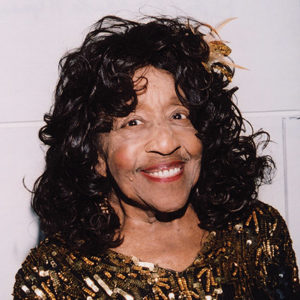 Hazel Hynson
Hazel Hynson
 Icing on the Cake
Icing on the Cake
 Irresistible Force
Irresistible Force
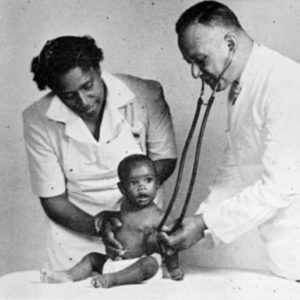 G. W. S. Ish
G. W. S. Ish
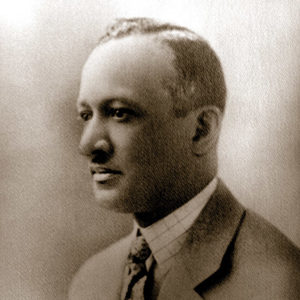 G. W. S. Ish
G. W. S. Ish
Ish, George William Stanley
Ivey, Helen Booker
Jackson, Boge (Execution of)
Jackson, Gertrude Newsome
Jackson, Goodwin (Execution of)
Jackson, Henry (Lynching of)
 Joe Jackson
Joe Jackson
Jackson, Joseph Walter (Joe)
 Keith Jackson Card
Keith Jackson Card
Jackson, Keith Jerome
 Keith Jackson
Keith Jackson
 Jacob's Ladder I
Jacob's Ladder I
James, Henry (Lynching of)
Jameson, Jordan (Lynching of)
 Rickey Jasper
Rickey Jasper
Jasper, Rickey Lane
Jeanes Supervising Industrial Teachers
Jeannette, Gertrude Hadley
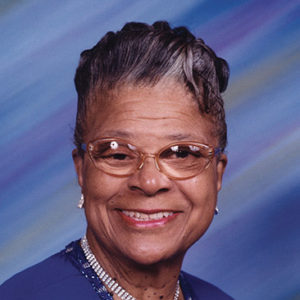 Gertrude Jeannette
Gertrude Jeannette
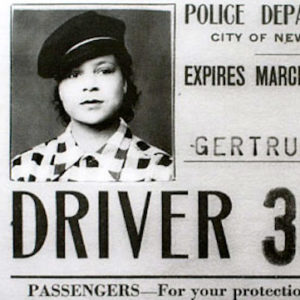 Gertrude Jeannette's Taxi Permit
Gertrude Jeannette's Taxi Permit
Jefferies, Oscar (Lynching of)
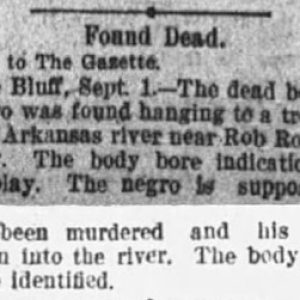 Jefferson County Lynching Article
Jefferson County Lynching Article
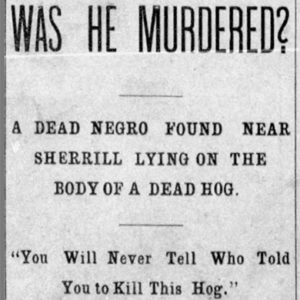 Jefferson County Lynching Article
Jefferson County Lynching Article




